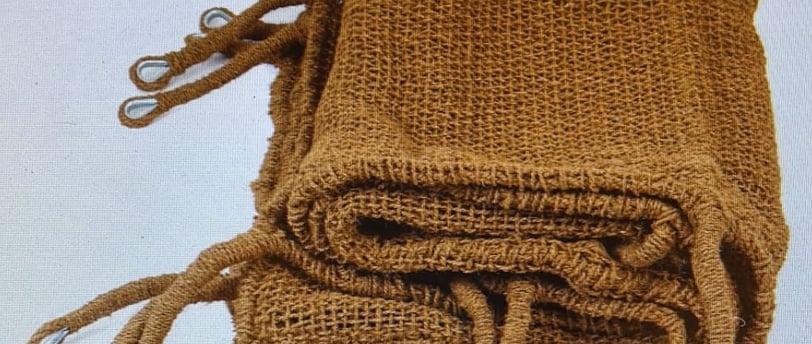Exploring the Versatile Uses of Coconut Shade
The coconut tree, often referred to as the "tree of life," provides an incredible array of benefits beyond just its fruit. One of the lesser-known, yet highly valuable, aspects of this tree is the coconut shade.


The coconut tree, often referred to as the "tree of life," provides an incredible array of benefits beyond just its fruit. One of the lesser-known, yet highly valuable, aspects of this tree is the coconut shade. In this article, we explore the innovative and sustainable uses of coconut shade and how it contributes to various industries.
1. Sustainable Agriculture
Coconut shade plays a crucial role in sustainable agriculture, particularly in tropical regions. The shade provided by coconut palms helps create a microclimate that protects crops from excessive sunlight and heat. This natural canopy reduces water evaporation, conserves soil moisture, and supports the growth of shade-tolerant plants. Additionally, coconut shade can enhance biodiversity by providing habitat for various beneficial insects and birds.
2. Eco-Friendly Building Materials
The fibrous material from coconut shade is an excellent resource for eco-friendly building materials. The fibers can be processed into sturdy, lightweight panels and boards used in construction. These materials offer a sustainable alternative to traditional wood and plastic, reducing deforestation and plastic waste. Furthermore, coconut shade-based materials are biodegradable, ensuring minimal environmental impact.
3. Innovative Textiles
Coconut shade fibers are also making their mark in the textile industry. The fibers can be spun into yarn and woven into fabrics used for clothing, accessories, and home decor. These textiles are known for their durability, breathability, and natural resistance to pests. By incorporating coconut shade fibers into textile production, manufacturers can create sustainable, eco-conscious products that appeal to environmentally aware consumers.
4. Renewable Energy Source
Coconut shade can be harnessed as a renewable energy source. The fibrous material can be processed into biomass pellets or briquettes, which serve as an alternative to fossil fuels for heating and cooking. This use of coconut shade not only reduces reliance on non-renewable resources but also provides an additional income stream for coconut farmers, promoting economic sustainability.
5. Soil Enrichment and Erosion Control
The organic matter from coconut shade is an excellent soil conditioner. When incorporated into compost, it enriches the soil with essential nutrients and improves its structure. Additionally, coconut shade fibers can be used in erosion control mats to stabilize soil on slopes and prevent landslides. These mats provide a sustainable solution to soil erosion, benefiting both agriculture and infrastructure projects.
Conclusion
The diverse applications of coconut shade highlight its significance as a versatile and sustainable resource. From agriculture and construction to textiles and renewable energy, the uses of coconut shade are vast and varied. By harnessing this natural material, we can promote eco-friendly practices and support sustainable development in multiple industries.
As we continue to explore and innovate, the coconut tree's shade will undoubtedly play a vital role in shaping a greener future.
